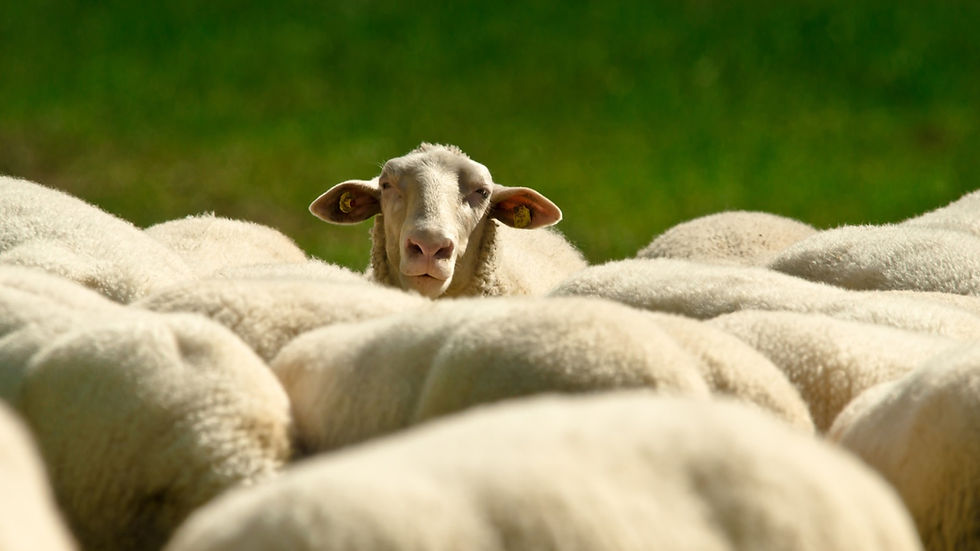Growing national park estate by 50 per cent to come from farmers: MP
- Rikki Lambert
- Nov 14, 2022
- 2 min read

A federal MP representing SA's outback has taken aim at the Albanese government's pledge to protect 30 per cent of land by 2030.
Liberal member for Grey, Rowan Ramsey, said the announcement by environment minister Tania Plibersek at the National Press Club on 19 July wasn't mentioned prior to the May federal election:
"Labor are going to lock up 30 per cent of Australia in parks and reserves. Now we're about 20 per cent at the moment. They didn't say anything about this before the election. People say, well, I love parks. Where are they going to get them from? They're not going to stop capital cities spreading out and sprawling. It's only going to come from the agricultural area.
"A lot of places where we've seen big parks set up, particularly in the Outback, we're dealing with feral pests and native species out of control - kangaroos, emus, which will blow the roof off the season they're having up there at the moment, the breeding rates will be enormous so we will be dealing with that all over again."
Hear the full interview with Rowan Ramsey MP for Grey on the Flow podcast player below:
The NSW government is also working towards handing NSW national parks over to Aboriginal corporations with 4 per cent of national parks held under native title or Aboriginal corporate title at present. In the state's north, Mount Warning National Park is due for closure to respect Aboriginal heritage in a similar way that scaling Uluru in the Northern Territory was recently banned.
On 6 November, the NSW government announced it had added 1,300 hectares in the Hunter, Sydney and Riverina regions, such as the Medowie State Conservation Area and Murrumbidgee Valley Regional Park.
In 2020, former Western Australian premier Colin Barnett argued the total number of national parks had 'exceeded the outer bounds of credibility', contrasting the international practice of around 60-100 national parks to a world-leading 680 at that time in Australia. Barnett suggested a host of parks lacking iconic status should become state parks, which in practical terms they already are but bear the 'national park' title.
An Indufor-Natural Capital economics study commissioned by the South and Central Queensland Regional Forestry Hub, funded by the federal government, found in November that state forests would have better social outcomes, carbon sequestration and storage impacts than formally protected forests and national parks in the long term.



Comments